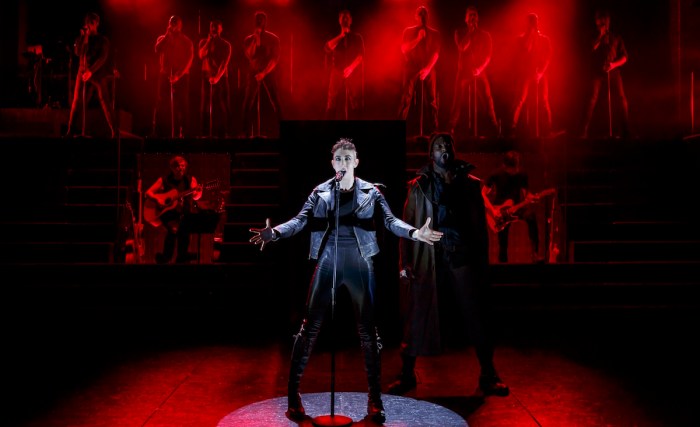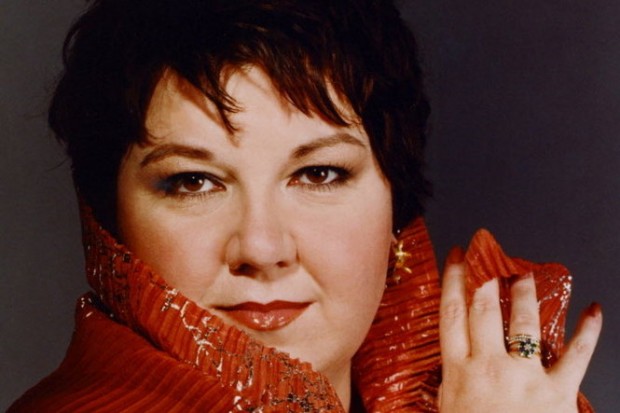One-time onscreen “it” couple Ryan O’Neal and Ali MacGraw became major stars when they played ill-fated young lovers in the 1970 film “Love Story.” But while they had the entire country sobbing to the infamous line “Love means never having to say you’re sorry,” they haven’t worked together since. But finally, they’ve teamed up forA.R. Gurney’s Pulitzer Prize finalist play, “Love Letters,” a seemingly perfect vehicle for this idyllic pairing. We recently caught up with them as they prepare for their return to Boston, where the film was made, for what promises to be an incredible reunion.
Ali MacGraw, Ryan O’Neal reunite for one more love story

Austin Hargrave
In today’s Hollywood, a major hit like “Love Story” would’ve reunited the two of you for any number of follow-up projects. Why has it taken 45 years for you to work together again?
Ryan O’Neal: Good question. I don’t ever remember it even coming up.
Ali MacGraw: Nobody asked me, for starters. I don’t remember anyone at that level getting together like that back then. I think when you have chemistry that works particularly well, there’s not a lot of scripts that could recreate it.
Do you think “Love Letters” has recreated it?
RO: It’s a new story, a fresh story, but it’s about people you might recognize. There’s a lot of familiar chemistry there. You’ll see it from your seats.
Has the advent of social media killed the love letter?
RO: I think so, yes. The story wouldn’t have the same power if we sat there reading each other’s emails.
AM: I think there are people who are romantics and people who are not. Love letters are so personal with these lovely, privately chosen words. The tools may have changed, but I like to think there are still plenty of romantics left. Though I often see couples on dates staring down at their respective iPads with only cursory comments to the waiter. That’s not romantic and it can’t be fun.
Fans of “Love Story” will no doubt come see you after all this time. But how do you attract people who don’t even know what a love letter is?
AM: We recently played LA and there were quite a few young people who came and they were very moved by the experience. Very hip young people, I might add.
RO: It’s a little touch of history. Who doesn’t love that?
AM: And it’s a very well written piece about two people with full lives who maintain this interconnectedness decade after decade. It makes for very good theater.
In “Love Letters” you’re reading versus memorizing the script. Is this a help or a hindrance in developing your character?
RO: For me, it helped. These are pretty advanced letters. My character doesn’t leave anything out. He loves this woman. He’s always tracking her, wanting her. But they’ve stopped being letters to me. I know my lines.
AM: Ugh, I don’t.
RO: You’re probably more professional than me.
AM: No. I get why dialogue has been written on walls and wrists like Marlon Brando did. They freeze in terror on the stage at the prospect of forgetting. I’m afraid of that.
If you go:


















